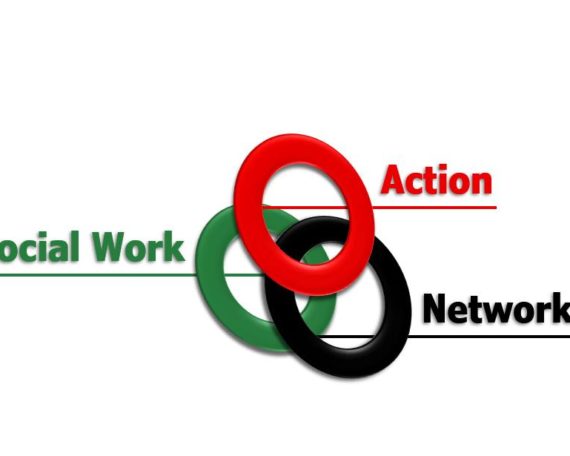Voluntary Action Lewisham (VAL) in collaboration with the Centre for Community Engagement Research, Department of Social, Therapeutic and Community Studies (STaCSs), Goldsmiths, University of London undertook this study to explore the growing issues of food poverty and food banks in the London Borough of Lewisham.
There are three food banks and several distribution points currently operating in Lewisham, along with a number of other organisations that are not food banks but distribute food and provide meals in the borough. There is mounting anecdotal evidence from the community about an exponential growth in the number of people experiencing hunger, financial hardship and accessing food banks in Lewisham and across the UK.
The aim of this small scale qualitative study was to enable Voluntary Action Lewisham to gain a better sense of the experience and impact of food poverty in this part of South East London and to support their work with communities across Lewisham who are experiencing financial and related difficulties.
The study interviewed eleven people who used the three food banks in Lewisham and seven staff (managers and volunteers) who worked at these food banks. The researchers also attended and observed the food banks in operation.
The key aim of the study is to understand the relationship between the growth of food banks in the borough as a symptom of food poverty and the experience of food insecurity as a lived-experience. A scope of the literature identified that the food bank model seeks to provide emergency relief from hunger and poverty, thus the model is dependent on the wider social welfare system.
With the UK social welfare system currently experiencing substantial financial retrenchment this leads to challenging questions about the growth of the food bank model and the future of such forms of community social action.
The study ran from spring 2013 to February 2014. It concluded that food banking and other forms of emergency food provision are likely to be an increasing feature of Lewisham’s and London’s social landscape for the foreseeable future. The challenge is therefore to explore how local communities can respond to help people put food back on the table.
The authors of this study take the view that we need to tackle the root causes of food poverty just as much as the problem.
We recommend that a more coordinated approach and assessment across the borough by all the organisations involved in food banks and other food distribution points (such as soup kitchens) is needed to gain both a ‘bigger picture’ of whats happening across the borough and to finds ways of responding collectively to this crisis. Secondly we argue that users of all the food banks should be offered a ‘professional’ debt advice and support service and/or signposting to local agencies offering these services thereby beginning to tackle and highlight some of the underlying reasons why individuals and families are experiencing food insecurity. Thirdly we recommend that, in Lewisham with its diverse multi-cultural community, that further research is needed into the types and aims of current foodbank organisations. Many of these, as in other parts of the UK are operated by church affiliated groups. This may raise questions about fitness for purpose, particulalry where some faiths may feel excluded from these services. Finally we believe that a borough-wide discussion of all key stakeolders on the whole question of food insecurity, including most importantly people accessing food banks, and other food distribution points is needed.
Tom Henri, Lecturer in Social Work, Goldsmith College University of London. Tom’s blog “Unsettling social work” can be found at http://tomhenri.blogspot.com/

